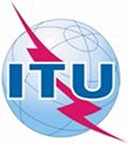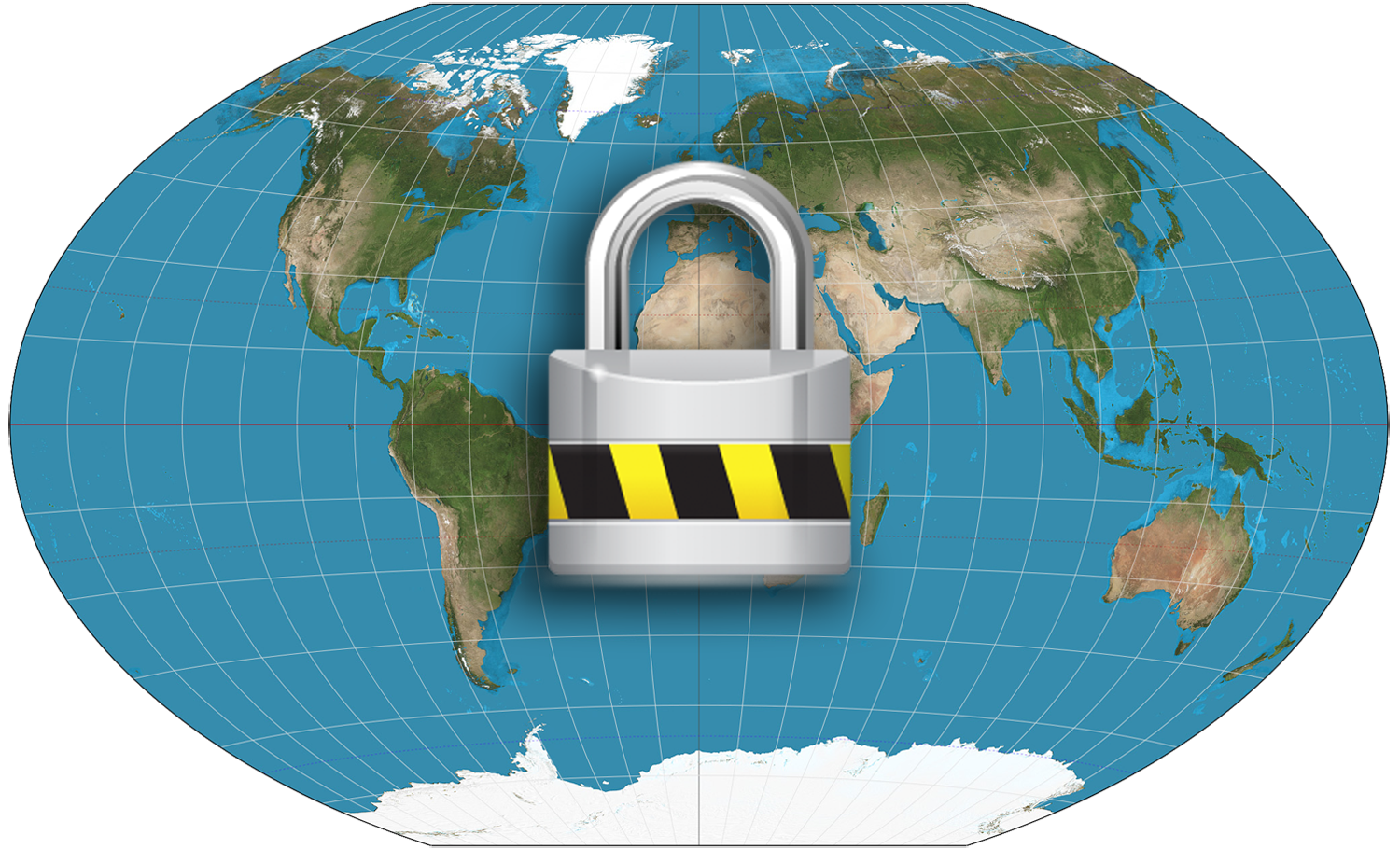Last Updated on 2022-07-08 by Joop Beris
The ITU, the International Telecommunications Union is the UN agency for Information and Communication Technologies. The ITU is “committed to connecting all the world’s people – wherever they live and whatever their means”. Sounds like a very noble commitment, doesn’t it? It’s odd then, that the potentially biggest threat to the free and open Internet as we know it today, comes from this very agency. The ITU will hold a world conference in Dubai this December 3rd and there could be something sneaky going on behind closed doors.
What is the ITU?

The ITU was founded in Paris in 1865 and as such pre-dates the Internet by a good many years. Of course, it was then called the International Telegraph Union, since there was no Internet back then and even radio was some way off in the future. Time has not stood still however, and the ITU now says it “covers the whole ICT sector, from digital broadcasting to the Internet, and from mobile technologies to 3D TV”. And what does the ITU actually do? Well, according to their website, they focus on radiocommunications, standardization of emerging technologies such as IP-TV and development when it is necessary to “bridge the digital divide”, which is marketing speak for helping people who do not understand technology to…well, understand technology.
Now how on Earth is a UN organization that is involved in such an array of positive activities posing a threat to a free, global Internet?
Here be dragons…
The ITU is more than just a harmless think-tank, it possesses a real authority to draw up so called International Telecommunications Regulations (ITRs). These are binding global treaties “designed to facilitate international interconnection and interoperability of information and communication services, as well as ensuring their efficiency and widespread public usefulness and availability”. Sounds good until you start to think of what this could mean in terms of poorly thought out decisions or bad influence from certain elements that would like to restrict a free, open and global Internet. And that last thing looks like it is set to happen this time.
In 1998, the members of the ITU signed an ITR which in essence gave rise to the Internet as we know it today, free and relatively uncontrolled. Of course, this free and open Internet, uncontrolled and uncensored, is a real pain in the backside of a number of regimes that don’t care too much for free, open and uncensored things. Think dictatorships, think China, think Iran, think Russia, think a lot of countries really. There are very few nations which allow full, unrestricted access to the Internet and that number is diminishing. These countries have a vote in the ITU and can present motions, addenda, etc. which makes a new ITR potentially very dangerous if the wrong kind of people gain the upper hand. And the wrong kind of people are pushing for change! If you see countries like China and Russia pushing for something, you just know it won’t mean we’ll all get more free…
Furthermore, the ITU is very far from the public eye. I had never heard of it and I am betting neither have you. By the time ordinary people would hear about a new ITR, it would already be too late, the thing would have been signed.
The following video explains it much better than I can.
So how dangerous is the ITU? Well, after seeing this video, you can make up your own mind, but knowing that organisations such as Google, Greenpeace, the Wall Street Journal and even the EU Parliament have warned against this potential power grab, I would advise you to take it seriously. More information? Here!

